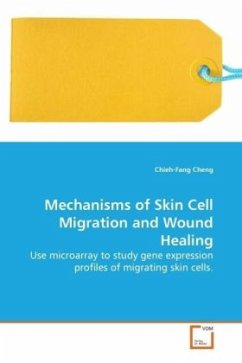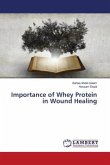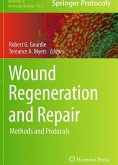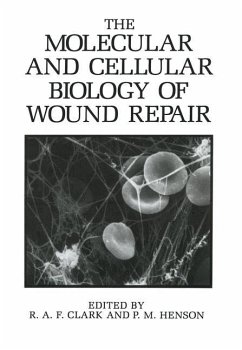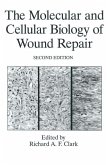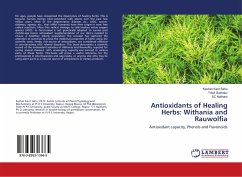Skin cell migration is essential for skin wound
healing. Steps for cell migration are often
disrupted in non-healing wounds, causing patient
morbidity. Currently-available
treatments are unsatisfactory. To identify novel
wound-healing targets, we studied the migratory gene
profiles in human keratinocytes (HKs). The main
challenge of this study is to separate genes that
are often simultaneously induced by pleiotropic
signals of a growth factor, including
migration, proliferation and metabolism. Therefore,
we designed the following steps. First, we took
advantage of a unique response of HKs to TGF-beta,
which inhibits proliferation but not migration of
the cells, to suppress selectively the proliferation
signal-responding genes. Second, we independently
stimulated HKs with TGF-alpha or insulin to identify
the commonly regulated genes and eliminate TGF-alpha-
or insulin-specific genes. Under these designs, we
obtained the profiles of early genes by microarray
analyses, followed by QRT-PCR validation and
subsequently functional characterizations by RNAi.
The study suggested the importance of secretory
molecules in keratinocyte migration.
healing. Steps for cell migration are often
disrupted in non-healing wounds, causing patient
morbidity. Currently-available
treatments are unsatisfactory. To identify novel
wound-healing targets, we studied the migratory gene
profiles in human keratinocytes (HKs). The main
challenge of this study is to separate genes that
are often simultaneously induced by pleiotropic
signals of a growth factor, including
migration, proliferation and metabolism. Therefore,
we designed the following steps. First, we took
advantage of a unique response of HKs to TGF-beta,
which inhibits proliferation but not migration of
the cells, to suppress selectively the proliferation
signal-responding genes. Second, we independently
stimulated HKs with TGF-alpha or insulin to identify
the commonly regulated genes and eliminate TGF-alpha-
or insulin-specific genes. Under these designs, we
obtained the profiles of early genes by microarray
analyses, followed by QRT-PCR validation and
subsequently functional characterizations by RNAi.
The study suggested the importance of secretory
molecules in keratinocyte migration.
